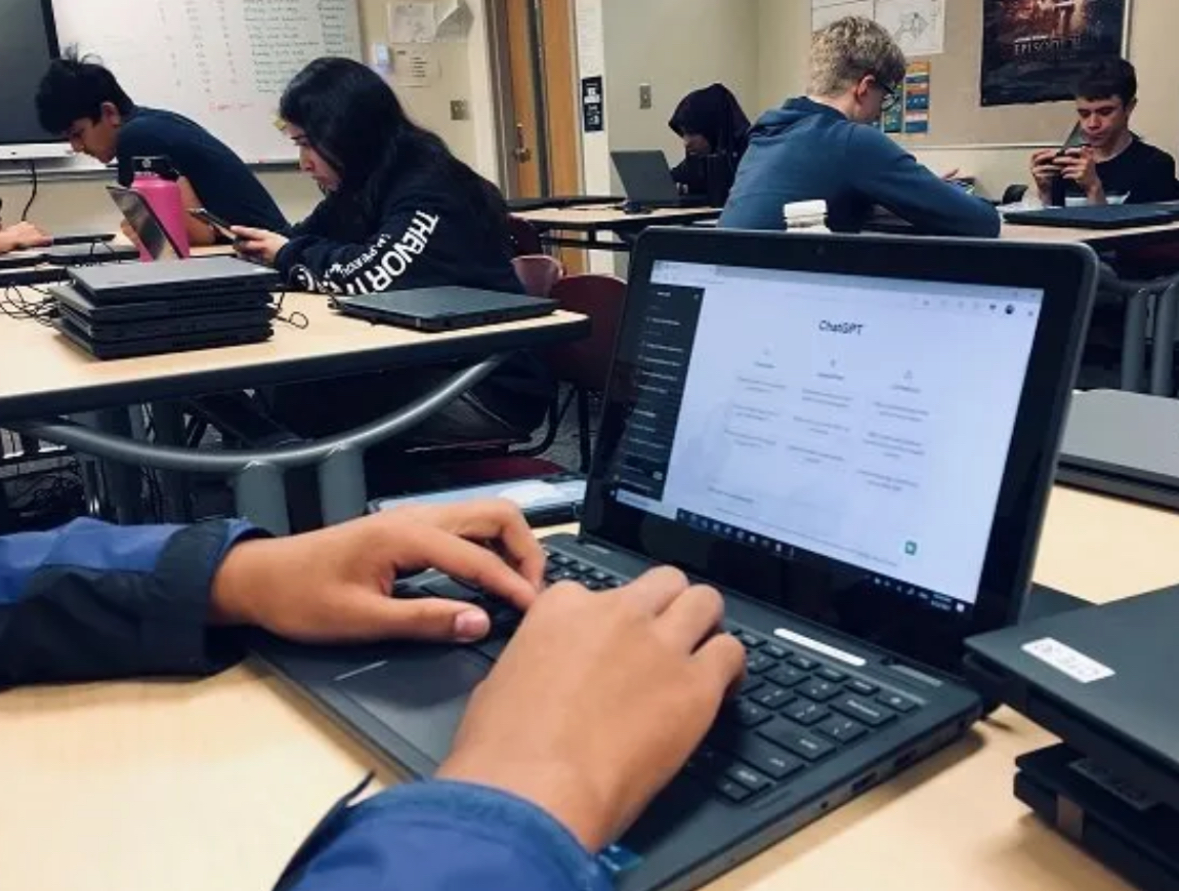Should We Care that the SAT is Biased?
September 27, 2019
Earlier this year, Collegeboard proposed an adversity index to numerically measure students’ socioeconomic advantages or disadvantages, but it was recently abandoned in the wake of criticism.
Here’s the problem: wealthy students, on average, perform better on the SAT than low-income students, as they have the resources to pay for private tutors and other forms of prep that low-income students do not. Collegeboard wants to level the playing field, but a student’s struggles, achievements, and privilege are not as easily quantified as their math or reading performance.
Most LMHS students agree with the Collegeboard’s decision to revoke the adversity index, as 78% of the 100 participants surveyed answered that the SAT score should not reflect the tester’s socioeconomic status.
Junior Mason Berzovich, who agrees with the Collegeboard’s recent decision, said, “I answered ‘no,’ but then again I’m honestly privileged and haven’t had to overcome nearly half of what other people have to get a good score.”
The other issue is that SAT scores aren’t the only biased aspect of college applications. GPA, honor societies, and extracurriculars are all influenced by a student’s socioeconomic status. Those from lower-income families who have to work a minimum-wage job or take care of younger siblings after school may miss out on opportunities to join clubs or take student leadership positions in the school.
“I don’t know what we should do, but I know that the system has to change,” said senior Rachel Gerstenberger. “There are countless struggles and disadvantages many students have to overcome to succeed on the SAT, and colleges should be made aware of that, because it’s an important part of their life that may not be addressed on applications or during interviews.”
So next time you take the SAT or fill out a college app, reflect on your achievements and remember that others may have had a much tougher path to success.








